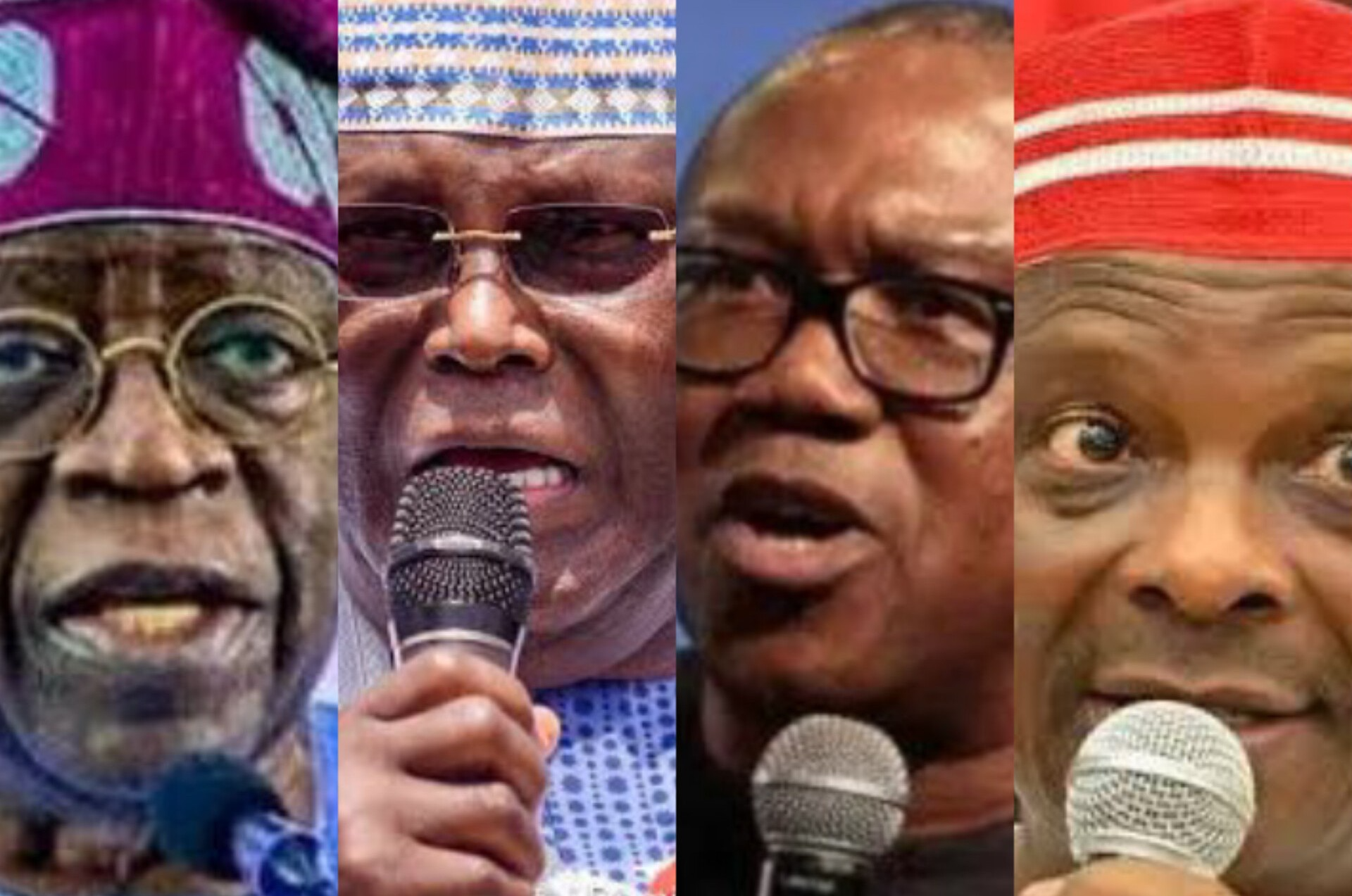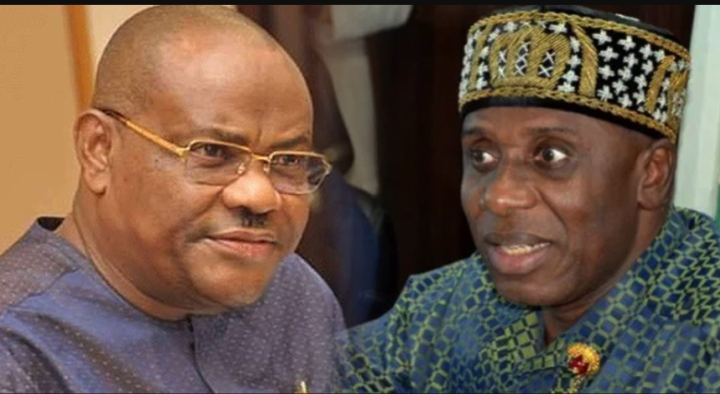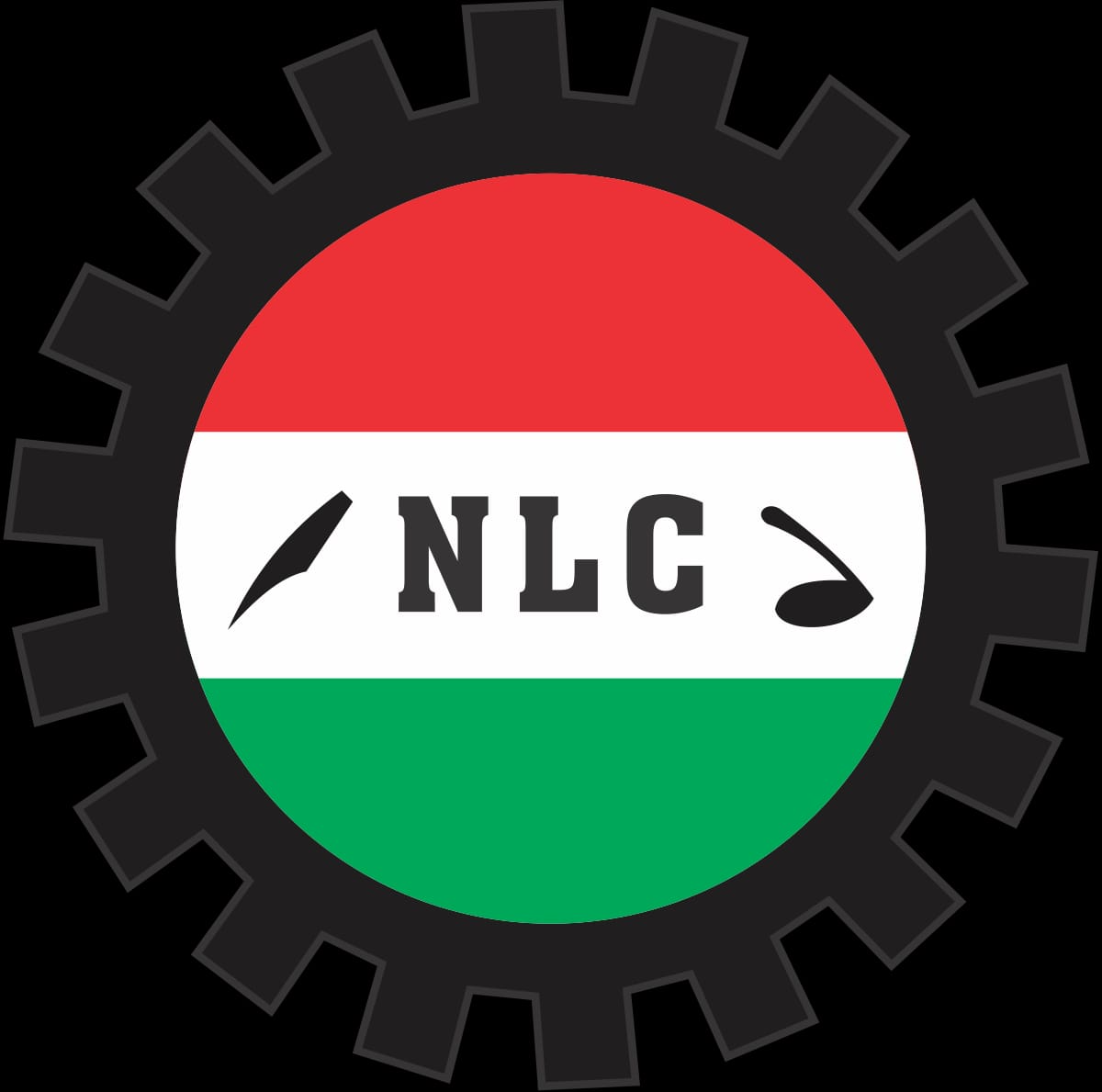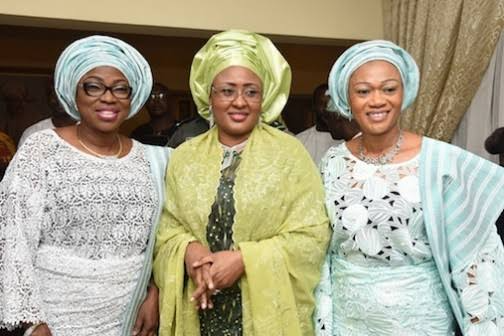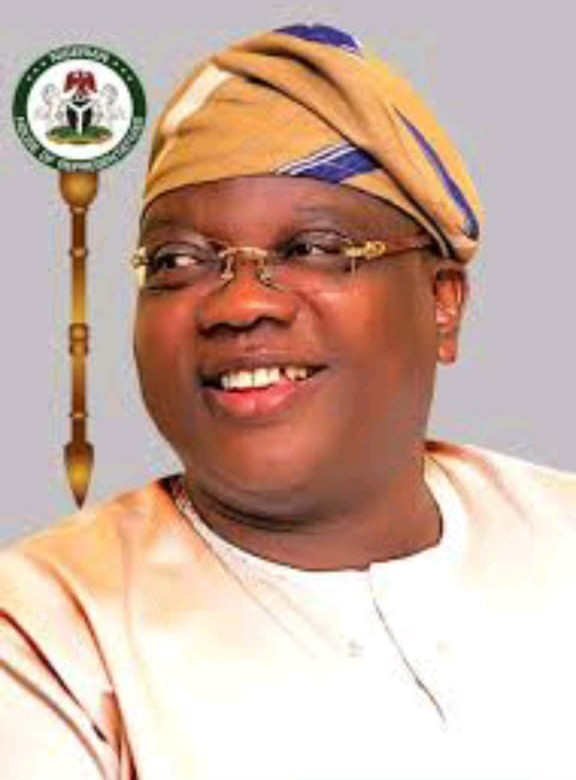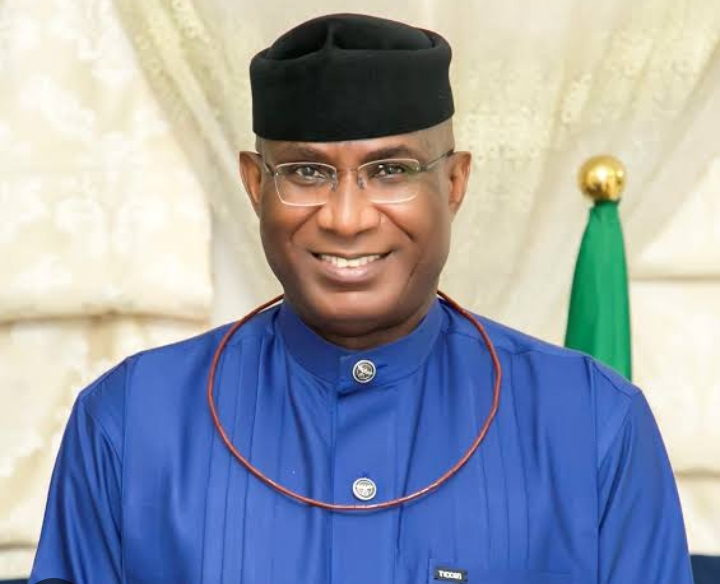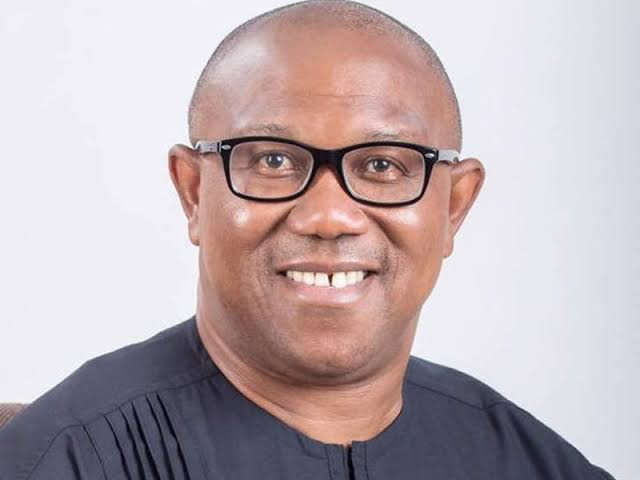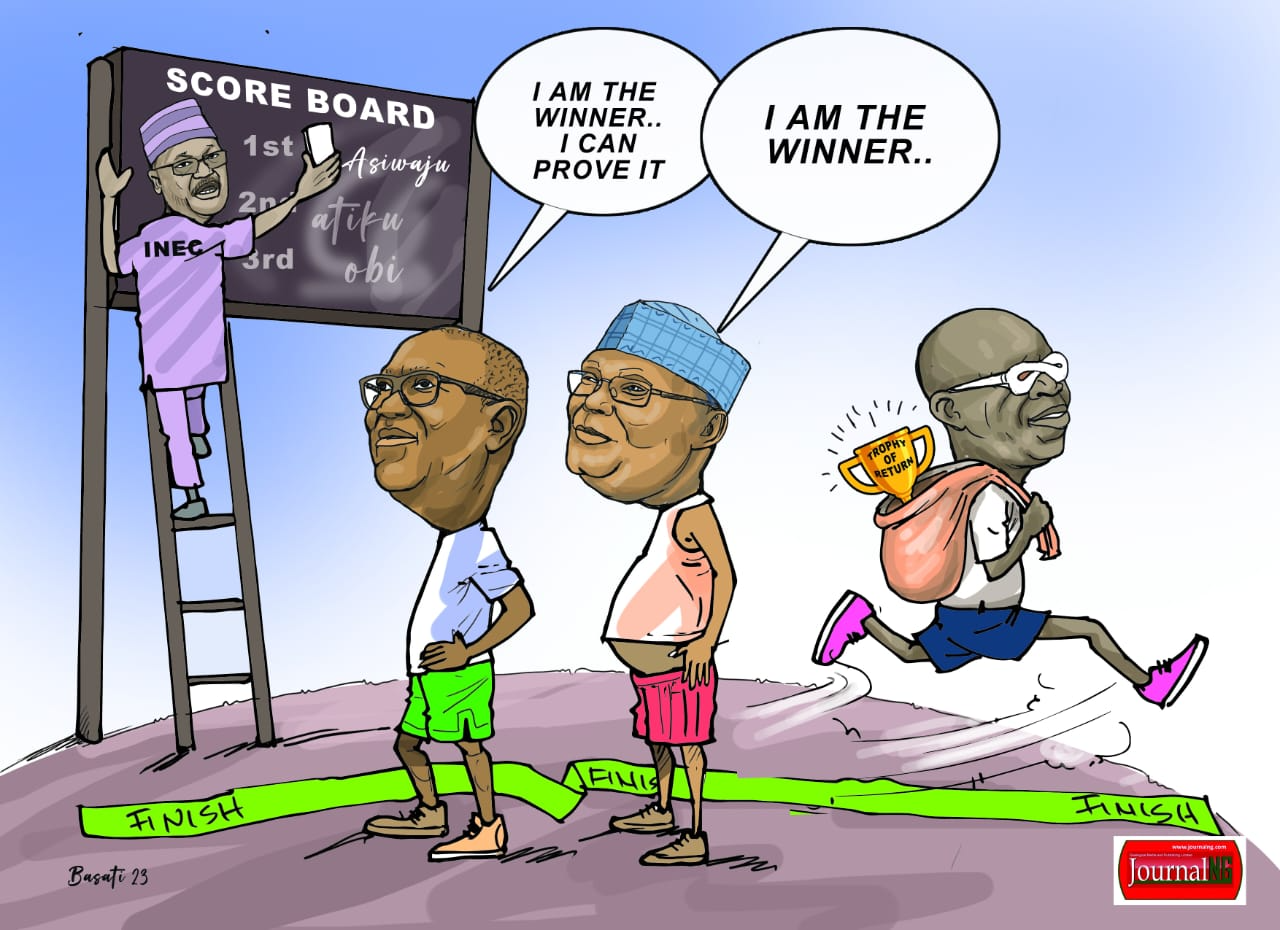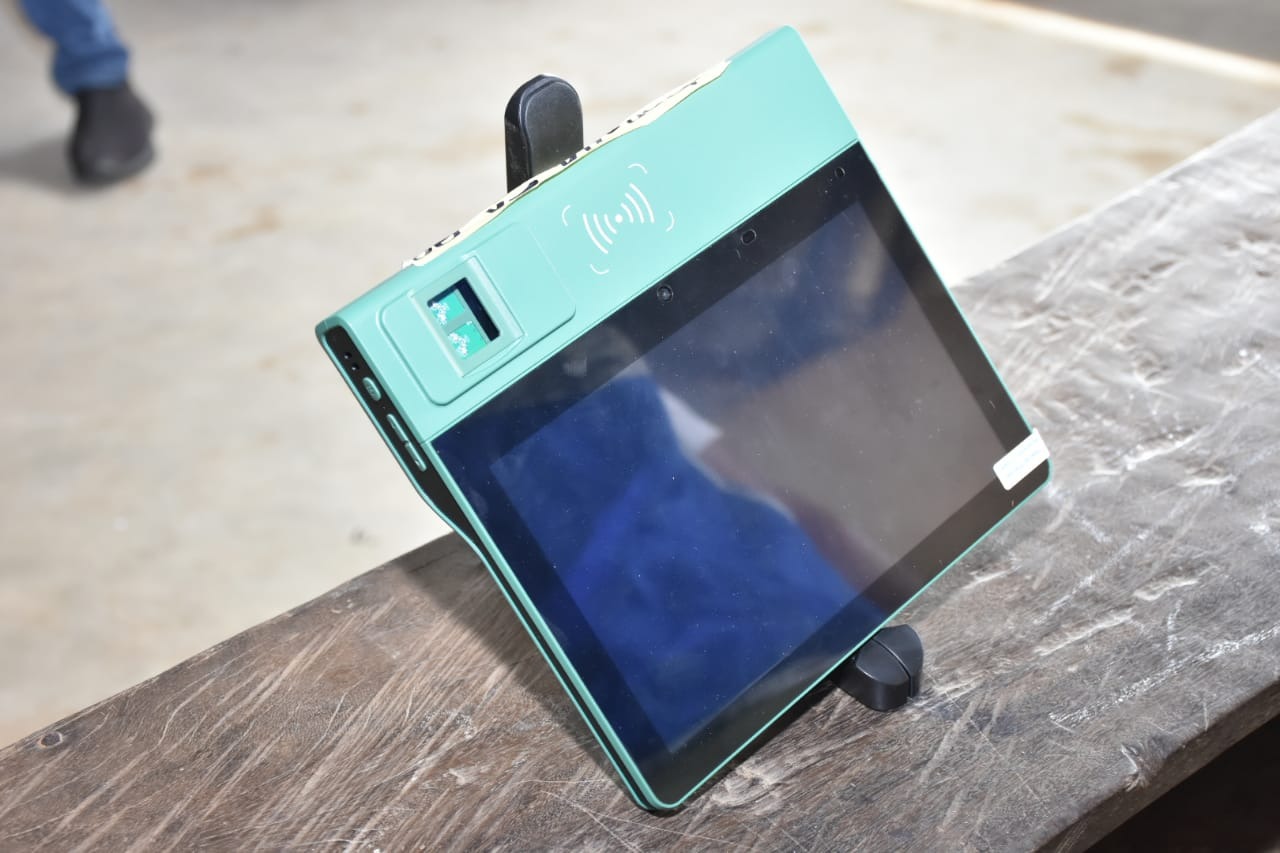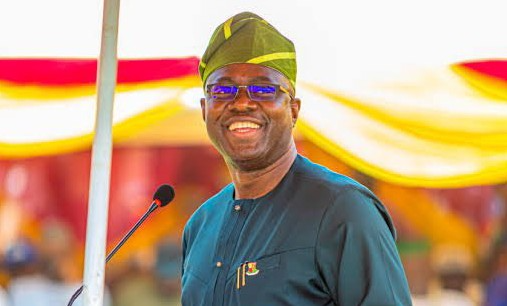In a week’s time, Nigerians will head to the poll to elect a new president that will pilot the affairs of the country for the next four years. There will be losers and one winner. Provided the election is credible, devoid of malpractices, violence, and the usual ‘abracadabra’ during and after elections, everyone will come …
